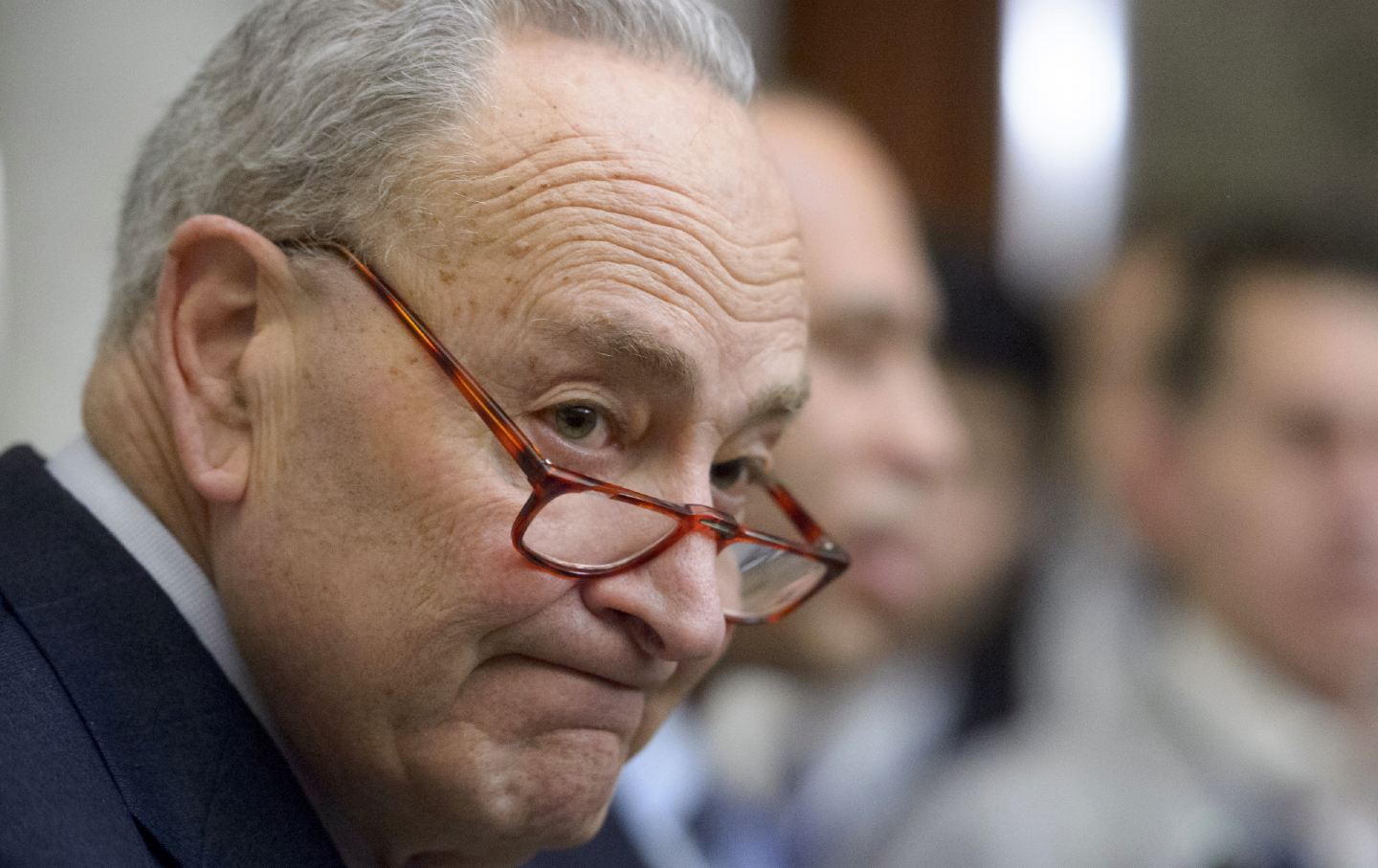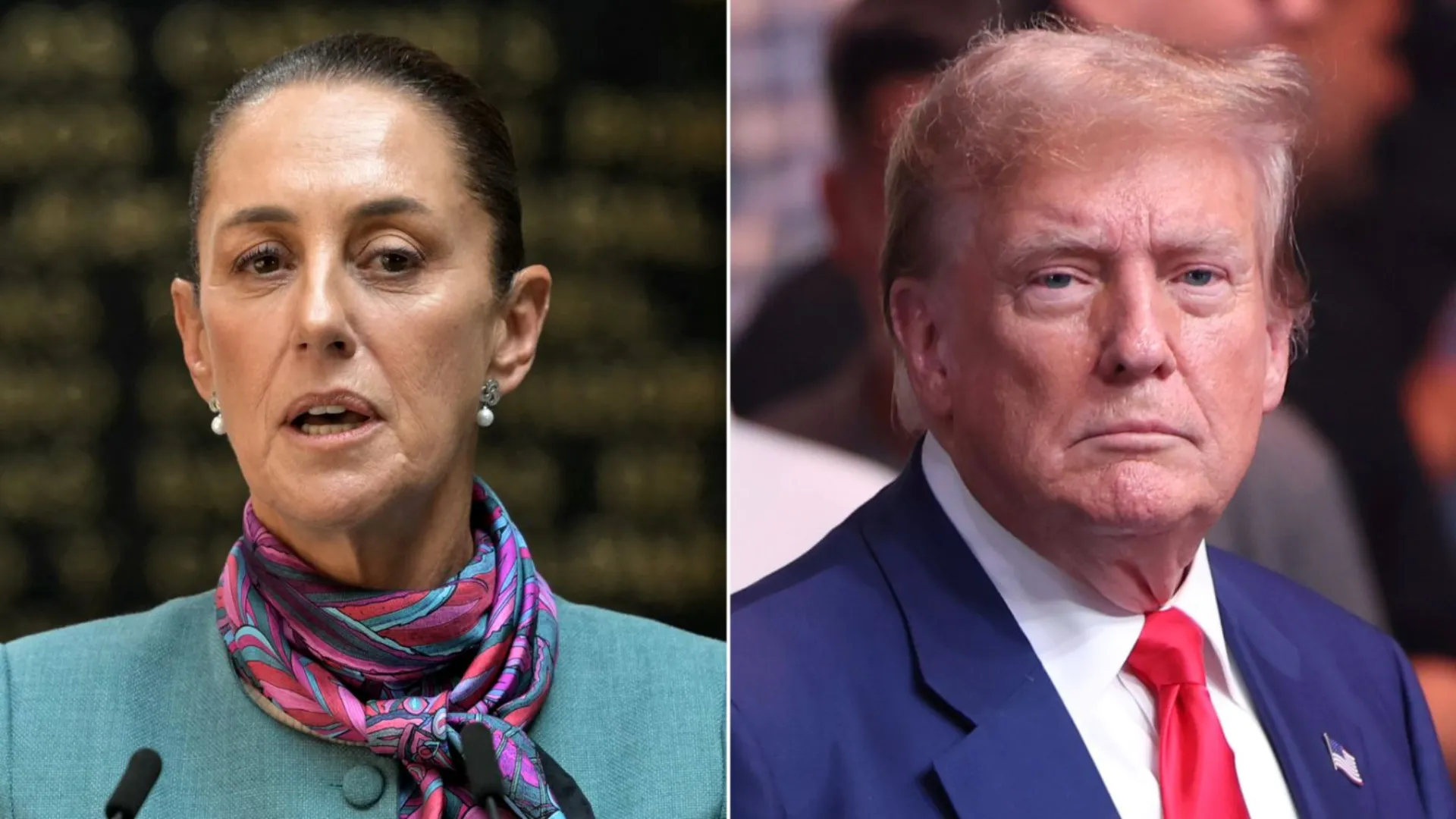
The increasing divide between the ideals of young voters and the centrist policies of the Democratic Party is becoming a defining issue in modern American politics. Once seen as the party of hope and progress, the Democratic Party now feels distant, performative, and unwilling to fight for the future that many young people envision.
From watered-down climate policies to half-hearted measures on issues like student debt and healthcare, the party’s reluctance to take bold, unapologetic stances on critical issues has led many to question whether it truly represents the values it once claimed to uphold.
For young voters who grew up believing that the Democratic Party was their natural ally, this shift has been especially disheartening. These voters, who were once energized by the party’s promises of change, now feel abandoned by a political system that seems more concerned with maintaining power than with creating real, systemic change.
This growing frustration is particularly evident when it comes to issues like LGBTQ+ rights, climate change, racial equity, and economic justice — issues that are not just important to young people but to families, communities, and future generations as well.
The lack of urgency and bold action on these issues has led many to become disillusioned with the Democratic Party. The party’s unwillingness to take a firm stand on issues that directly affect marginalized communities has created a sense of alienation, leaving many young voters feeling that their voices are not being heard.
For a generation facing existential crises, such as climate change and economic inequality, the failure of the Democratic Party to act with urgency is seen not as leadership, but as a betrayal.
One of the most significant factors driving young voters away from the Democratic Party is the party’s increasing reliance on centrism. Figures like Senate Majority Leader Chuck Schumer, who once seemed like an ally to progressive causes, are now viewed by many as obstacles to real change.
Schumer’s centrist approach to issues like transgender rights, climate change, and economic justice has alienated many progressives who feel that his compromises undermine the values they hold dear.
In particular, Schumer’s recent comments on the war in Gaza have sparked outrage among young progressives. His refusal to call the situation in Gaza a genocide was seen by many as a political calculation, designed to avoid alienating centrist voters or risking political fallout.
This stance, which some have called a form of political hedging, ignored the human suffering and loss experienced by Palestinians and minimized a humanitarian crisis. For many young voters, this was a clear example of how the Democratic Party’s centrism has led to moral and political compromises that are both harmful and out of touch with the values they hold.
Schumer’s failure to take a firm stance on such a critical issue is just one example of how the party’s leadership has failed to reflect the urgent demands of young voters. His reluctance to address the situation in Gaza with the seriousness it deserves reveals a troubling pattern of behavior among centrist Democrats: a willingness to ignore or downplay injustice in the name of political expediency.

The tension between progressive values and the Democratic Party’s centrist politics is not limited to international issues like Gaza. At home, the party has failed to take bold action on issues like climate change, LGBTQ+ rights, and economic justice.
The party’s reluctance to embrace aggressive, unapologetic reform on these issues has led many to feel that it no longer represents their interests.
For example, the Democratic Party’s response to climate change has been tepid at best. While the party has supported some incremental measures, such as rejoining the Paris Agreement, its actions have largely been focused on half-measures rather than the comprehensive, transformative policies that young people are demanding.
Many young voters believe that the party is more interested in maintaining the status quo than in addressing the urgent existential crisis posed by climate change. This sense of inaction has led many to turn away from the party, frustrated by its unwillingness to take the bold steps necessary to secure a livable future.
Similarly, the party’s response to LGBTQ+ rights has been increasingly performative, rather than substantive. While Democrats, including Schumer, have historically supported marriage equality and other LGBTQ+ rights, their commitment to these issues has often been questioned.
For many young people, the Democratic Party’s actions on LGBTQ+ issues have felt increasingly hollow. Schumer’s support for marriage equality, for example, is seen by some as more about political calculation than genuine advocacy. The party’s inability to take a strong, consistent stance on transgender rights has only exacerbated this feeling of performative allyship.
In contrast to the centrist leadership of Schumer and others, progressive figures like Senator Bernie Sanders and Representative Alexandria Ocasio-Cortez have become beacons of hope for young voters who are frustrated by the Democratic Party’s failure to act. Sanders and Ocasio-Cortez have embraced bold, unapologetic reform on issues like healthcare, climate change, and economic justice.
Their approach to politics, which centers on working with grassroots movements and fighting for social justice, resonates with young voters who feel that the party has abandoned them.
Sanders and Ocasio-Cortez have also demonstrated a keen understanding of how to connect with young people in the digital age. They have effectively used social media platforms to engage with voters, share their message, and build a sense of community around their campaigns.
This digital strategy has allowed them to bypass traditional media channels, which many young voters view as out of touch with their concerns, and connect directly with their supporters.

For many young people, Sanders and Ocasio-Cortez represent a new kind of leadership—one that is unafraid to take bold stances on critical issues and unapologetically fight for the values they believe in. These leaders have shown that it is possible to build a movement that is both progressive and effective, and their ability to connect with young voters is a testament to the power of authentic, values-driven leadership.
The Democratic Party faces a critical crossroads. As young voters increasingly turn away from the party, it must decide whether to continue down the path of centrism or embrace a more progressive vision that reflects the values and priorities of the next generation.
The future of the Democratic Party will depend on its ability to adapt to the changing political landscape and respond to the demands of young voters who are calling for bold, transformative change.
If the party hopes to retain the support of young voters, it must prioritize action over political calculation, and values over power. It must listen to the voices of those who feel alienated, show up for the issues that matter most, and fight unapologetically for the future that young people—and all people—are demanding.
This means taking bold stances on issues like climate change, LGBTQ+ rights, and economic justice, and doing so with urgency, empathy, and courage.
The future of the Democratic Party depends on its ability to meet this moment, and to do so with leadership that is willing to fight for the values that young people hold dear. If the party is to regain the trust and support of young voters, it must realign its strategies and policies to reflect the urgency and boldness that this generation requires. The stakes could not be higher, and the time for change is now.



